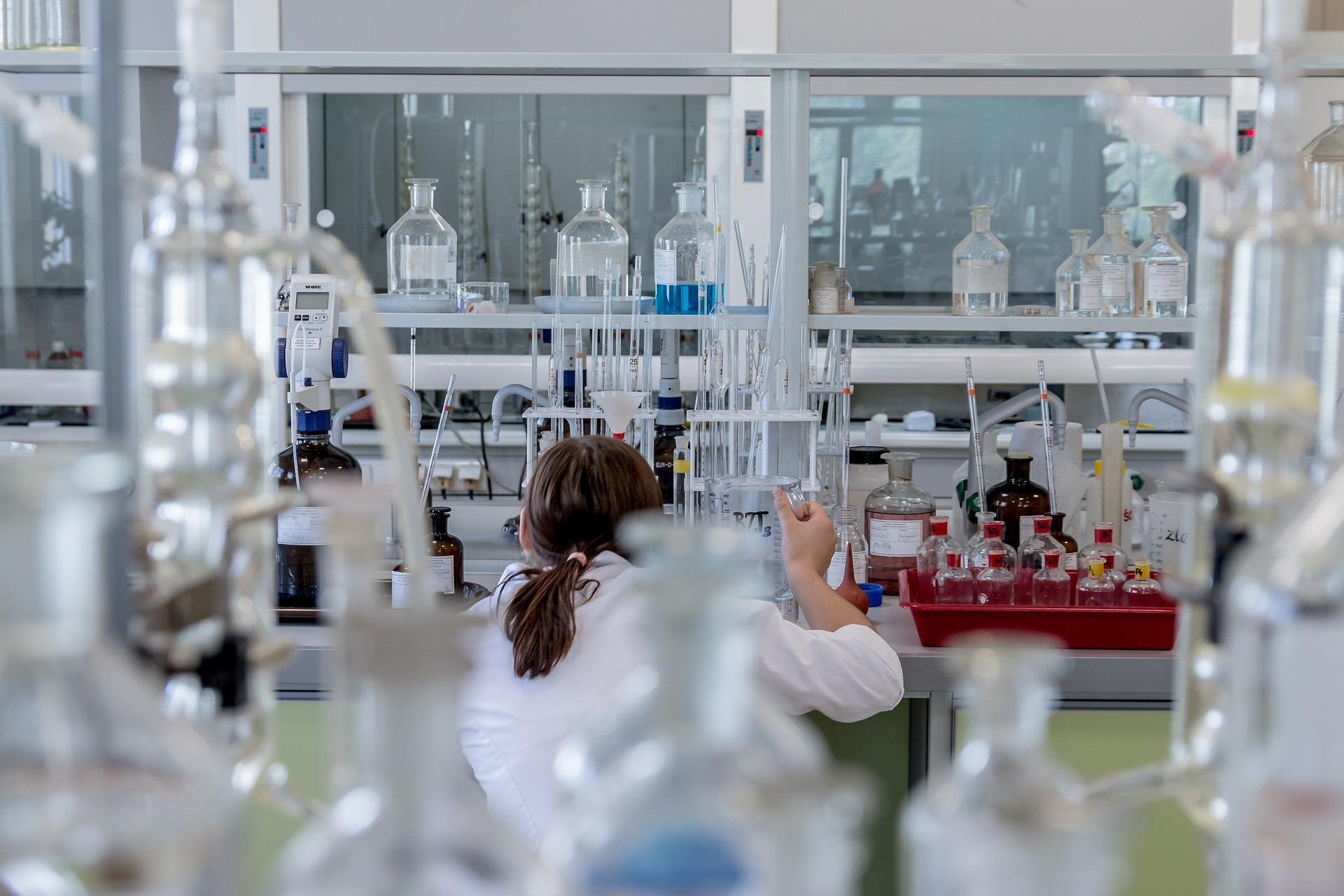Employers and Universities: Work with us?

Employers offering science work experience
Whether you’re sure you want to be an astronomer or you’re thinking you might make a brilliant biologist, getting yourself some science work experience is a must.
Work experience lets you see what a real working environment is like. You get to test out your skills in real-life situations. If you think you’d like to pursue a career in science, it’s an excellent way to develop your abilities and makes a strong addition to your CV. And if you’re not sure whether a science job is right for you, doing a placement is the way to find out. If you then decide you want to follow a totally different career, that’s absolutely fine: the work experience will still be really valuable.
Here we’ll take a look at different kinds of placements, including chemistry work experience and physics work experience, and exactly where you can apply for one.
Read this first: What are science jobs and how can I get one
Where to find... general science work experience
Many schools set aside a week or two during for Year 10 students to complete work experience. Then the summer holidays after Year 12 or Year 13 are a good time to organise your own work experience.
The best approach is to contact local organisations in your area and ask if they might be able to offer you some work experience – plenty will do so even if they’re not offering a formal placement. Start your search at least six months before you want to start your placement. We won’t sugarcoat it: it can be difficult to find lab work experience if you’re in year 10 but if you can get work experience in the office of a science company, this will still be extremely valuable for your CV.
Read more: Why should I study a STEM course?
You could also apply for a Nuffield Research Placement. This organisation gives more than 1,000 students each year the chance to work alongside professional scientists, technologists, engineers and mathematicians. You’re eligible to apply if you’re over 16 and are studying science, technology, engineering of maths course at a school or college in the UK – and most of these placements go to students from low-income households. The placements might focus on data science, engineering or computer science – and you might find yourself in an office, lab or out in the field. Check out these stories to see where previous students have had their placements.
Another option is to contact the British Science Association – they sometimes offer placements to over 16s. Send an email here to see what they have available. You can also try the Rutherford Appleton Laboratory, which offers a few placements for years 10-13.
Where to find… physics work experience
Start by Googling physics companies – this will include manufacturers, research organisations and pharmaceutical companies. Search and apply as soon as possible; placements are usually competitive.

Don’t forget to also check out the physics departments of universities. University College London, University of Oxford and Sheffield University are among those that offer a range of physics work experience placements for 16-18 year olds. The University of York has placements for Year 12s.
Read: Four famous women in science—and what inspired them in school
The Particle Physics Masterclass Programme gives you a taster of the world of physics through one-day events at universities and labs across the UK. They are aimed at students taking particle physics modules at AS or A-level. Some universities will run days specifically for GCSE students. The events include hands-on workshops, lectures and lab tours. Learn more and apply here.
Where to find… biology work experience
Again your first port of call should be to reach out to organisations in your local area. Consider natural history museums, science museums, wildlife conservation organisations, the biology departments of universities, zoos, laboratories, pharmaceutical companies and vets’ practices. Many placements are not advertised so make sure to be proactive and contact them.
The Met Office offers a week’s work experience in the summer term for students aged between 14 and 17, giving an opportunity to take part in group projects.
The major healthcare company GlaxoSmithKline offer work experience in labs at three locations across the UK. There are different programmes for A-level and GCSE students, and you’ll get to see what working at GSK and in the pharmaceutical industry is like. Depending on the specific scheme, you might develop your employability skills by taking part in presentations and shadowing GSK staff.
The Wellcome Sanger Institute (a genome science research institute) offers placements for students based in the Cambridge area. You’ll see what the institute does and get an insight into a specific area of research.
Where to find… chemistry work experience
Make a list of manufacturing companies, local science parks, local hospitals and research institutes. Ask if they can offer a work placement or shadowing, ensuring that you give them plenty of notice.
Companies that make food, cosmetic products or even clothing, as well as pharmaceutical companies and chemists like Boots, are a good option for chemistry students, while university chemistry departments may also offer you a placement. Again it can be tricky to get a placement in a lab, but any experience will be useful, and shows future employers your dedication and resourcefulness.
You might also want to explore doing work experience in healthcare. We’ve got a dedicated guide to NHS work experience here.
If you’re struggling to get yourself a placement in a lab or similar environment, a good alternative is to volunteer in a related area. Look out for opportunities at science festivals, and local science museums or centres.
Read next: How to become a scientist without going to uni
Image credits
Lab scientist by zaozaa09 via Freepik
